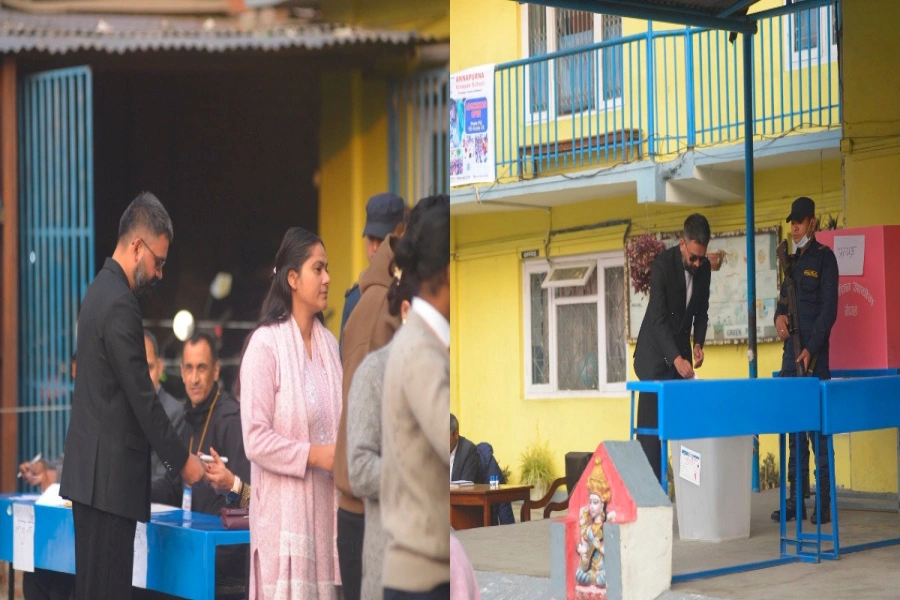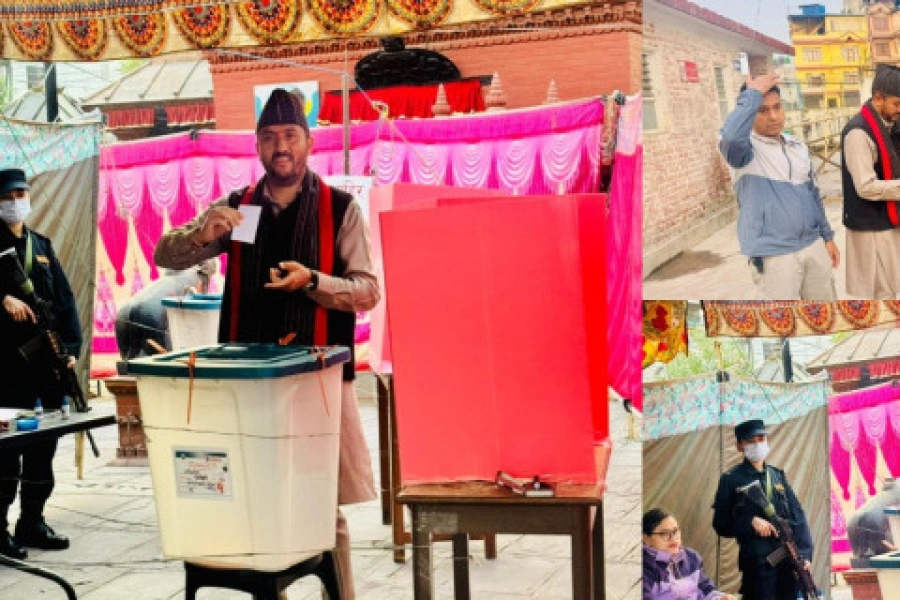Living in London, I have realized how Nepali migrants have been relegated to second class citizens. They don’t question, they don’t demand, they don’t ask
I read Amrit Bhandari’s article “Why I haven’t returned” (Republica, Jan 20) with interest. Although the article faced a lot of backlash in the comment section, it undeniably contained a great degree of truth. His dilemmas represent the predicament of many youths in the country today. Back home, most conversations with my contemporaries would either end or begin with someone expressing their desire to move abroad. “I am planning to go to the States,” a person in the group would say. “Looks like no one will be left in Nepal,” another would add. Their desire to migrate would often stem from the longing to have better standards of living, better opportunities, better education and for many (without exaggeration) better photos on their social media feed.
Amidst those conversations, I too secretly harbored aspirations to study overseas. I dreamt of those snowy winters and non-dusty roads. I aspired to be a part of those outrageously grand graduation ceremonies in a renowned university somewhere in the West.
I must admit, even after years of good education, my greatest aims in life were very shallow. My ambitions were shelled inside my Instagram profile that desired to flaunt the scenic and architectural beauty of the West. My dreams were cramped in the virtual reality that had almost become my real self. I was confined in those pictures that represented not my entire life but mere moments of artificial happiness. They were trapped in unnecessary capitalistic products that defined ‘modernity’ and apparently happiness. And of course they were enclosed in the superficial idea of the ‘all liberating West’. West for me was the solution to all problems. It was the way to escape all social or gendered oppression.
Understanding Could Safeguard Kids On Social Media

Rude awakening
Only when started staying in London, I realized that this so-called liberal West also has its own way to oppress people like us. It took me a long flight across the Atlantic Ocean and a huge student loan to understand that happiness did not ooze out from tall concrete buildings, polished cars or smooth roads.
Yes, the West is liberal, but it is not liberal enough to accept that some people like to have their clothes sun dried and some don’t. It is not liberal enough to understand that some people eat with their hands, and not fork and spoon. It is not open-minded enough to understand that some people can smell of spices from the delicious meal that they had an hour ago. It is not benevolent enough to give your capabilities and your intellect the amount it deserves which is more than mere eight to 12 pounds per hour (their minimum wage).
Of course life is much easier in these developed nations. You get clean water supply and electricity 24/7, roads are not dusty and healthcare is apparently good. I was extremely happy when I earned around 1200 pounds this December while working for only 20 hours a week. This was more than my annual income back in Nepal. Yet when I couldn’t buy my sisters their favorite shoes and couldn’t bring home laddoos to feed my parents with my income, I realized that money could not buy happiness.
Walking on the footpaths of London, when I saw beggars freezing, I could not bring myself to blame or question the government for its inefficiency because it is not my government after all. When I took my friend to a general physician in central London, we were made to wait for six hours in the hospital (even when we asked them to consider us as an urgent case). Were we supposed to blame someone for their lack of concern? We did not know.
Living here I realized how many Nepali migrants have merely been relegated to being second class citizens. They don’t question, they don’t demand, they don’t ask, they merely try to fit in. Is this the democracy I would like to live in? I am not sure.
I will come back
I say I will definitely return to my country not because I want to change the face of my nation. I know me coming back will not suddenly transform Nepal from a developing country into a developed one. And I will not be surprised if the government is still inefficient for the next 20 years. But at least when I question the government, I know I will do so in my capacity as a liberal democratic citizen. I want to return because I want my future generation to get good education and not merely learn good English.
I want to come back because I know the global south including my country has produced many intellectuals in the past that we have a lot to learn from. I want to come back because I want see and explore the world. I want to grab every good opportunity that comes before me and not become the slave of institutions that have engulfed most of my fellow citizens living in the West.
The author is pursuing Master’s degree in Gender, Media and Culture at the London School of Economics and is a part time worker at a student hall in Central London
swasti30@gmail.com




-1200x560-1772642762.webp)


































